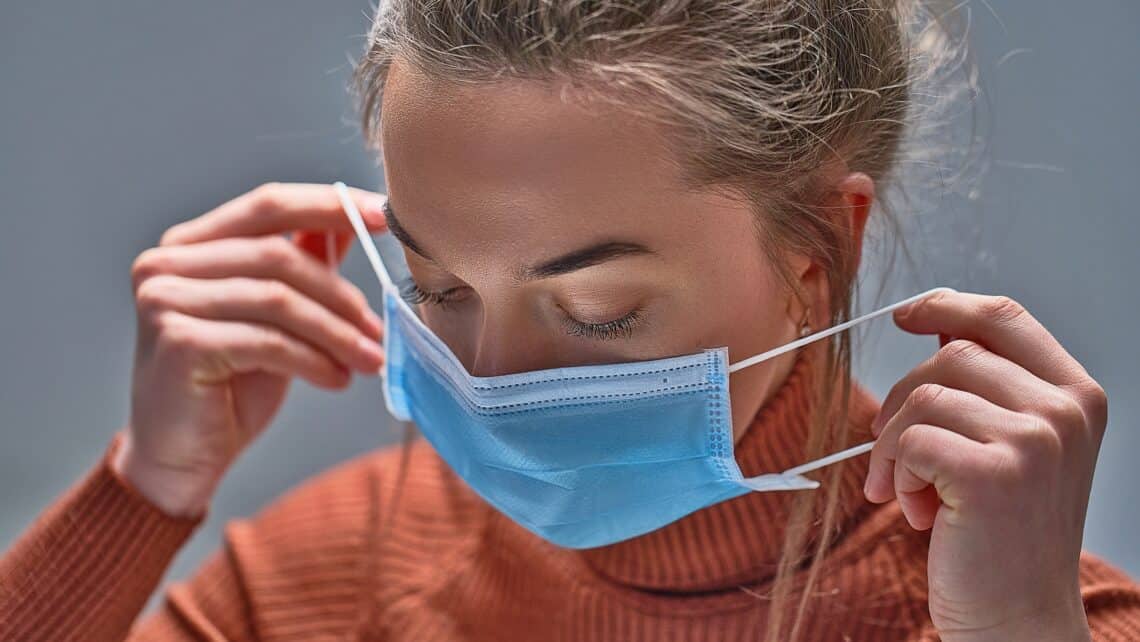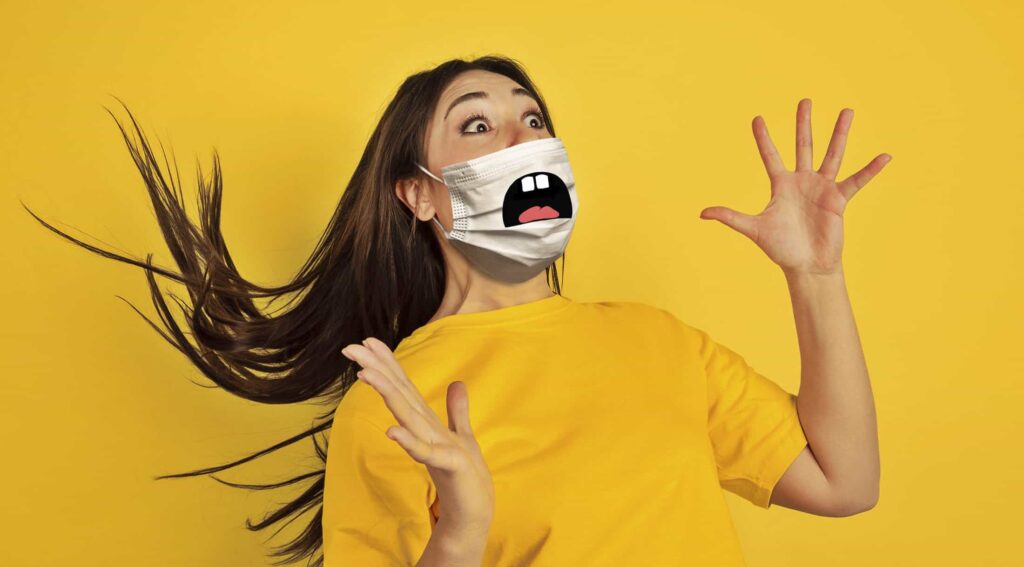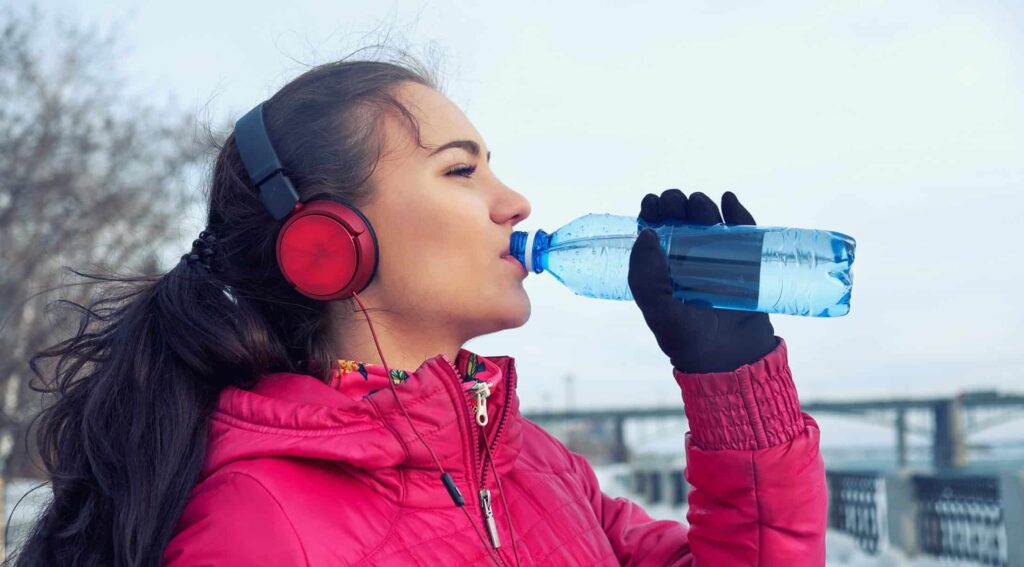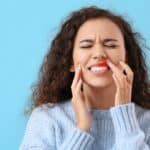Due to the COVID-19 pandemic and regular lockdowns, wearing masks is the new normal. However, a not so pleasant aspect of wearing a mask is you cannot help smelling your own breath. Whether you admit it or not, many of us experience the stinky smell out of our protective masks. While they are keeping us safe from COVID-19, it is now believed face masks and poor oral hygiene are beginning to take a toll on our oral health.
There is a growing realisation that prolonged use of masks could affect oral hygiene. A study conducted by the Journal of Clinical and Experimental Dentistry in USA has found that with the increase in wearing masks, the frequency of toothbrushing has decreased significantly and people are less concerned about oral hygiene. It was also found among the respondents that people are significantly less concerned with their smile and dental aesthetics due to the use of masks. Read the full report here.
COVID-19 has coined new words and phrases such as social distancing, contact tracing, false positive, etc but there is new expression that is doing the rounds these days which is “Mask Mouth”. In simple words, mask mouth refers to a variety of oral side effects associated with wearing a face mask around your mouth for long periods. While it is not an official diagnosis, mask mouth can include dry mouth, bad breath, tooth decay, and even gum disease.
What Causes Mask Mouth?
Mask mouth is caused by wearing a mask for a long time, keeping your mouth closed behind a cloth mask, and breathing through your mouth more than your nose. This can dry out your mouth and as your mouth gets drier, your breath starts to smell, and your teeth suffer.
Saliva is vital to maintaining fantastic oral health, so if you get a dry mouth, you might find that your teeth get damaged. The symptoms of mask mouth are not dangerous on their own, but they can cause lasting damage when taken together.
Dental professionals attribute these side effects to a few factors:
Disrupted breathing patterns
A study conducted by PNMedical shows how wearing a mask can impact your breathing, causing more rapid, shallow breaths using your mouth, chest, and neck instead of your diaphragm. One of the adverse effects of breathing through your mouth is the decrease in saliva secretion. Since saliva plays an important role in your oral health by washing away food debris and defending your teeth from cavities, this has the potential to lead to gum disease.
Dehydration
Wearing a mask also causes you to drink less water than usual. It has been noticed that people tend to drink more coffee and beverages in the lockdown. Dehydration can lead to dry mouth, increasing your risk of tooth decay and bad breath.
Recycling air
When you wear a mask, you trap more carbon dioxide in your mouth than usual, according to Aerosol and Air Quality Research. While this amount of carbon dioxide does not have a toxicological effect on your body, it can increase your oral microbiome’s acidity thereby putting you at risk for infections or gum disease.
What Are Mask Mouth Symptoms?
Mask mouth is a general term that covers a range of symptoms. While the severity of the symptoms varies for each person, below are some of the most common:
Dry Mouth
Also known as Xerostomia, it occurs when you do not have enough saliva to keep your mouth moist. Not only does dry mouth make it difficult to eat, swallow, and speak, but it also increases your chance of developing tooth decay and other oral infections.
Bad Breath
Halitosis is usually a symptom of your oral hygiene habits and dry mouth. Prolonged mask-wearing can intensify dry mouth, but it also traps the stench caused by poor oral hygiene or eating foods like garlic and onions which give off a smell.
Bleeding Gums
If you notice your gums are swollen or bleeding, it could be a sign of gingivitis. Wearing a mask may impact the type and number of bacteria in your mouth, which can cause plaque build-up and advance that to your gum tissues.
How Do You Prevent Mask Mouth?
Wearing a mask slows the spread of the virus and helps protect the vulnerable in your community. However, there are many practical ways you can try to prevent mask mouth. The easiest way is to reduce the amount of time you spend wearing a mask. This means going out less, avoiding contact with other people who are not members of your household, and working from home if possible.
Below are some preventative measures you can follow:
Focus on your oral care routine
Do not cut down on your oral hygiene such as brushing for two minutes twice a day and flossing at least once a day. Ensure you use the proper brushing technique to clean your full mouth, including nooks and crannies.
Freshen up between cleanings
Keep a mouthwash on hand to freshen your breath and fight bacteria between cleanings. Ask your dentist to recommend a mouthwash that does not exacerbate dry mouth. Chewing sugar-free gum can also help remove food debris and fix bad breath.
Keep an eye on tooth and gum health
Because mask mouth increases your chances of infection, watch out for sensitive teeth and gums. If you notice any discolouration, pain, bleeding, or tenderness, see your dentist as soon as possible for treatment.
Stay hydrated
Drink water throughout the day to help prevent dry mouth. Cut down on coffee and beverages and limit alcohol consumption, which can cause dehydration.
Use a clean mask
Regularly replace or clean your mask to prevent bacterial growth. It is recommended to wash your cloth mask daily or replacing your disposable mask each day after wear.
As our mask wearing continues through the year and we live with the new normal, it is easy to prevent poor oral hygiene with the right tools. The price of paying extra attention to your oral care is worth protecting your neighbours and friends from the COVID-19 virus. So, mask up but keep up with your oral hygiene!
Want to book an appointment?
Book an appointment by calling our friendly team on 3390 6100 or by emailing us. Or click here to book it online.









